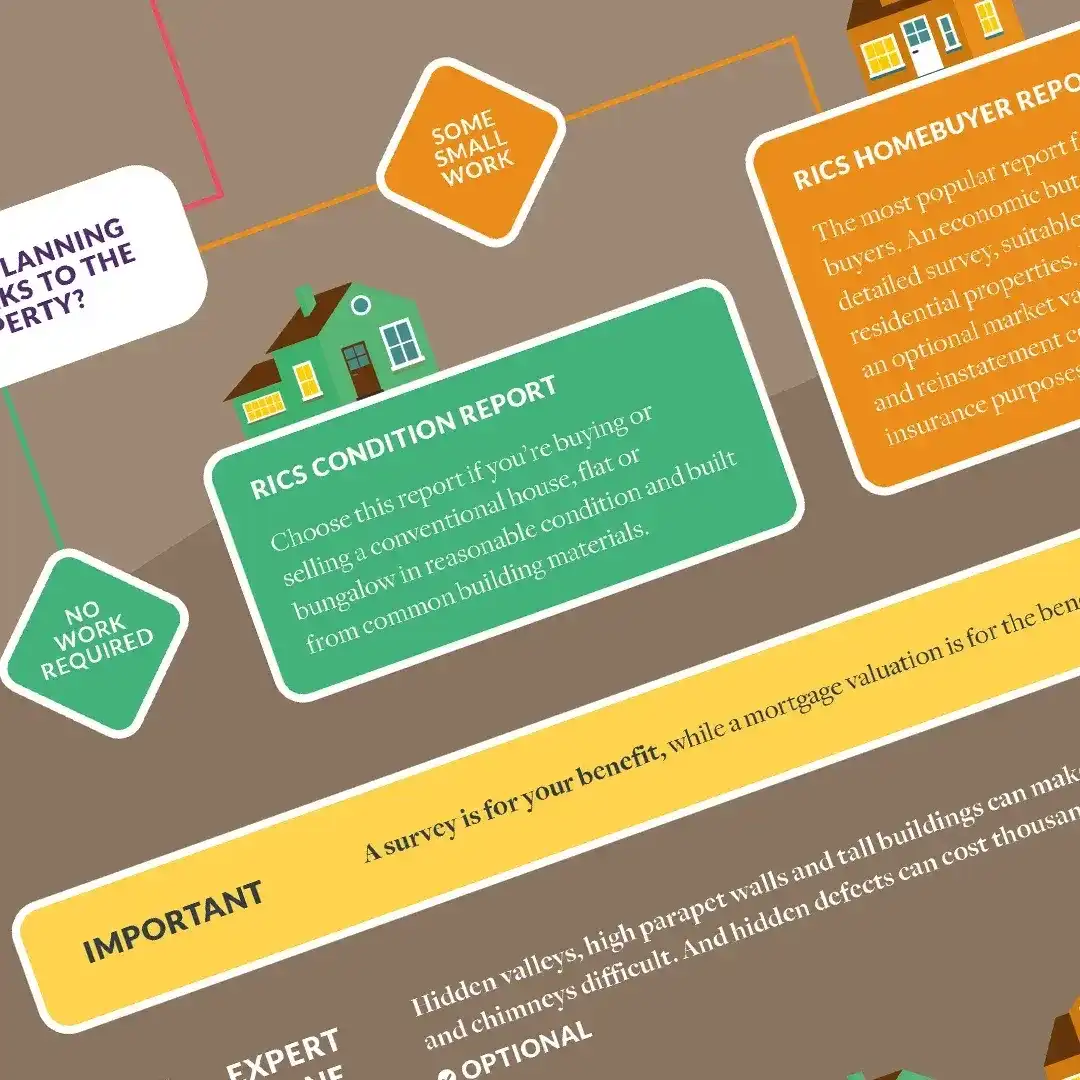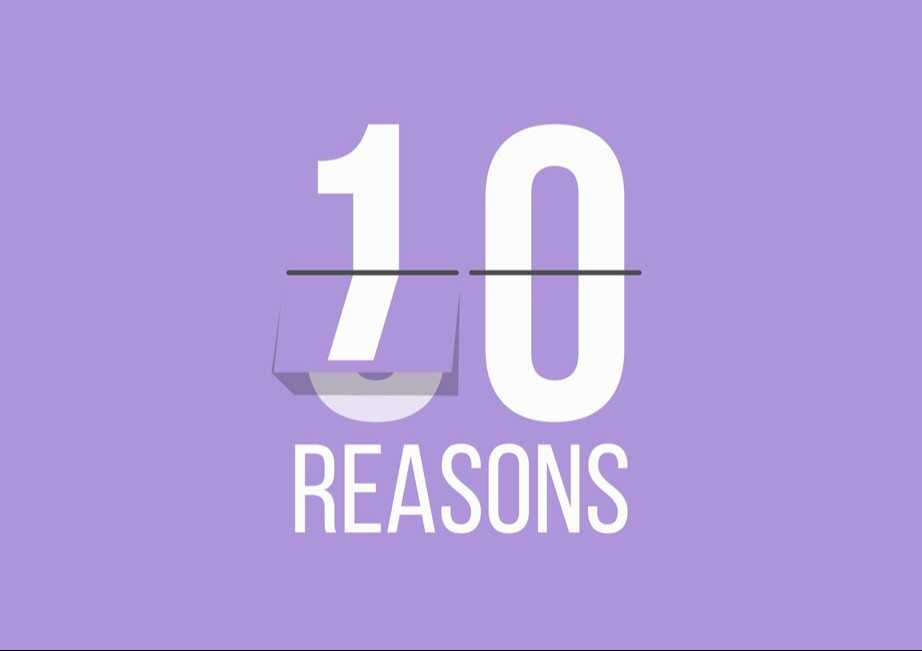At the start of January, the government announced a number of proposed reforms to leasehold legislation to make it easier and cheaper for leaseholders to buy their homes.
As part of the reforms, the government says that millions of leaseholders would be given a new right to extend their lease by 990 years, could save thousands of pounds, and the elderly would be protected by the abolition of ground rents on all new retirement properties.
There are 4.5 million leaseholders in the UK, who own a property where they are required to pay ground rent to the freeholder. And, under the current law, freeholders can increase the amount of ground rent with little or no benefit to the leaseholder.
The proposed changes mean that both house and flat leaseholders will be able to extend their lease to a new standard 990 years and will no longer have to pay ground rent to the freeholder, as the government looks to replace the existing leasehold format with a new commonhold model.
Under commonhold, homeowners own their property on a freehold basis, giving them greater control over the costs of home ownership. Blocks are jointly owned and managed, meaning when someone buys a flat or a house, it is truly theirs and any decisions about its future are theirs too.
Under the proposals, the government wants to reduce the cost of buying the freehold or extending a lease, by prescribing rates and introducing an online calculator so that leaseholders can easily find out how much it will cost them. And it’s looking to abolish clauses like ‘marriage value,’ which entitle the freeholder to a percentage of the value increase of a property when its lease has been extended.
The government has previously committed to restricting ground rents to zero for new leases to make the process fairer for leaseholders, and its latest guidance says that this should also apply to retirement leasehold properties, so purchasers of these homes have the same rights as other homeowners. Leaseholders will also be able to voluntarily agree to a restriction on future development of their property to avoid paying ‘development value’.
At this stage, the reforms are just government guidance and need to go through several stages of review and sign off before they become law. This means that it’s impossible to say at this stage how they will affect the cost of a lease extension. The proposed changes to marriage value, for example, are likely to be challenged in the courts by landlords who could be left significantly out of pocket as a result, and so there are many stages to go through before the proposals could be rolled out.
If you are in the process of buying or selling a leasehold property, the proposed changes are unlikely to impact you as they may not be introduced for another two to five years – and are still subject to change. If you are in the process of extending a lease, you may wish to consider your options, but with the caveat that none of this is currently set in stone.


